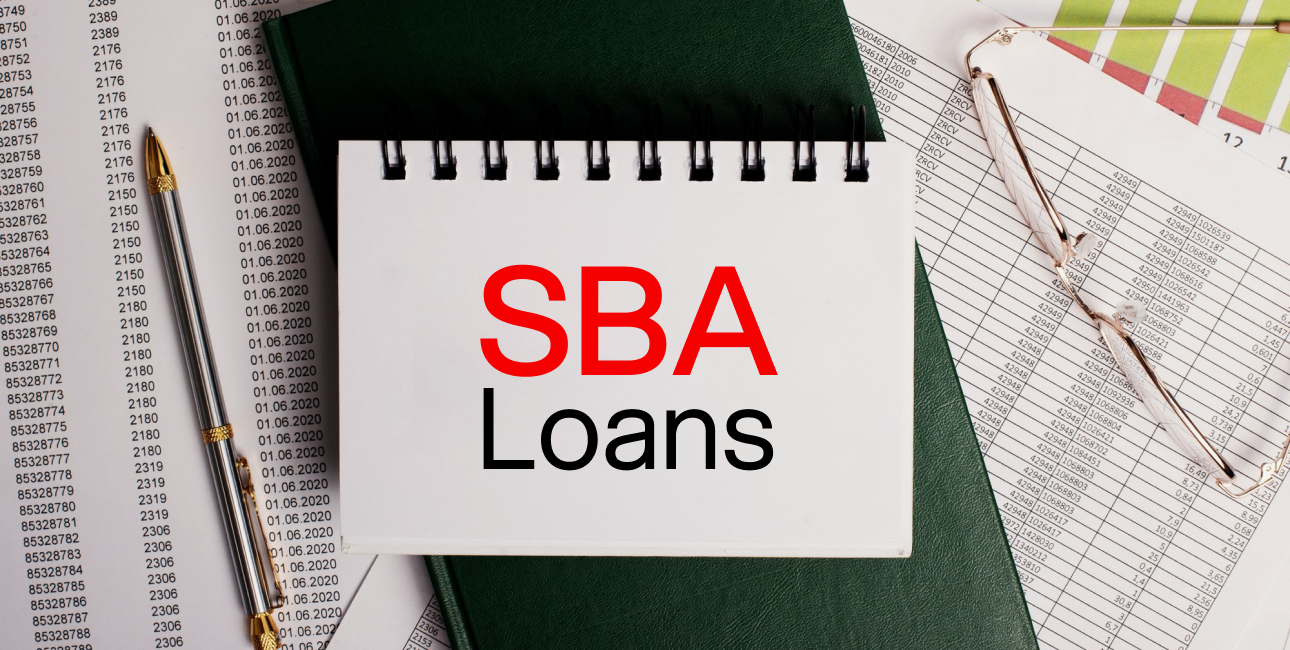Unlocking Growth: Navigating SBA Loans for Small Business Success
22 February 2024
5 Mins Read

toc impalement
Starting and growing a business in the USA often requires more capital than what’s readily available to entrepreneurs. This is where the Small Business Administration (SBA) steps in, offering loan programs designed to support the nation’s small businesses when traditional financing options may be out of reach. SBA loans are known for their favorable terms, including lower down payments, flexible overhead requirements, and no collateral needed for some loans. Understanding how an SBA loan works can open doors for businesses seeking financial support to start, sustain, or expand their operations.
The Backbone Of SBA Loans

The SBA doesn’t lend money directly to small business owners. Instead, it provides a guarantee to banks and lenders for the money they lend to small businesses. This guarantee reduces the risk for lenders, making it possible for businesses to obtain financing that might otherwise be unavailable due to insufficient collateral or the business’s unproven track record. SBA loans can be used for various purposes, including working capital, purchasing equipment, financing real estate, and even refinancing existing debts under more favorable terms.
Meeting The SBA Loan Requirements

Before a loan application can be considered, certain SBA loan requirements must be met. These criteria are designed to ensure that loans are accessible to businesses truly in need of support and capable of repayment. The requirements include:
- Business Size: The business must meet the SBA’s size standards, which vary by industry.
- Purpose: The loan must be used for a sound business purpose. Personal uses are strictly prohibited.
- Location: The business must operate in the USA or its territories.
- For-Profit Status: Only for-profit businesses are eligible for SBA loans.
- Owner’s Equity: Business owners must have invested their own time or money into the company.
- Exhausted Financing Options: The business must demonstrate that it cannot secure financing through traditional means.
These requirements are just the starting point. Additional criteria may apply depending on the specific SBA loan program and the lender’s requirements.
Strategic Planning For Loan Utilization
Securing an SBA loan is a significant achievement for any small business, but it’s what comes next that truly determines the impact of the financial influx. Strategic planning for the utilization of loan funds is crucial to maximize the benefits and ensure long-term success. Businesses should have a clear plan for every dollar borrowed, whether it’s for expanding operations, purchasing equipment, or bolstering marketing efforts. Wise investment of SBA loan funds can lead to sustainable growth, increased profitability, and a stronger financial foundation. Moreover, demonstrating responsible financial management can improve a business’s creditworthiness, opening doors to more favorable lending terms in the future and establishing a positive track record with financial institutions. In essence, the judicious use of SBA loan funds not only addresses immediate business needs but also lays the groundwork for future opportunities and successes.
Navigating The Application Process
The process of applying for an SBA loan involves several steps, each crucial for securing approval. Here’s a simplified overview:
- Determine Your Eligibility: Review the SBA’s requirements to ensure your business qualifies.
- Choose the Right SBA Loan Program: Different programs cater to various business needs, from the popular 7(a) loan program to microloans and CDC/504 loans for real estate.
- Find an SBA-approved Lender: Not all lenders offer SBA loans, so you’ll need to find one that does.
- Prepare Your Documentation: This can include business plans, financial statements, tax returns, and more.
- Complete and Submit Your Application: Work with your lender to fill out the necessary paperwork and submit your loan application.
Patience is key, as the approval process can be lengthy. However, the potential benefits of an SBA loan often outweigh the wait.
The Benefits Of SBA Loans

SBA loans come with several advantages that can be particularly appealing to small businesses:
- Lower Interest Rates: Often more competitive than those of conventional bank loans.
- Longer Repayment Terms: This can ease the monthly financial burden on a business.
- Counseling and Education: The SBA provides resources and guidance to help businesses succeed.
- Flexibility: SBA loans can be used for a wide range of business purposes.
Cons Of SBA Loans
Although SBA loans are helpful for businesses, they do not provide competitive rates and terms like that of bank loans. Furthermore, once a business applies for a loan, the approval time is quite high. Apart from that, some loans also require a down payment, and the applicant would have to contact other lenders first.
What Are The Major Types Of SBA Loans?

There are different types of SBA loans that provide different avenues for small businesses that are looking for funds to launch or expand their businesses. As there are diverse requirements for small business owners, SBA lenders try to cater to them by offering different types of loan products. Each of the loan products has a different set of terms and conditions.
Hence, when you are about to finance your business funding requirements, you must understand the variety of loans that SBA offers. Remember, each of these loans caters to different needs of business owners and hence are tailored accordingly.
The following are the most popular SBA loans:
1. SBA 7(a) Loans
The SBA 7(a) loan is quite flexible and has a range of applications, making it popular among entrepreneurs. When you need funding for aspects like working capital, equipment purchase, property acquisition, business expansion, and more, SBA 7(a) covers them all.
The maximum loan amount that you will get with SBA 7(a) is $5 million. Furthermore, the lenders of the loan provide an extended repayment period of up to 25 years. This helps in easing the financial burden on small businesses.
2. SBA Express Loans
Unlike traditional SBA loans like the 7(a), SBA Express loans actually help in expediting the loan approval process. If your business needs immediate funding, this is one of the best options for you to choose. The funding amount is up to $350,000.
However, these loans are the best for people with a good credit history. Otherwise, it is hard to have rapid access to capital.
3. SBA 504 Loans
If you want to finance the acquisition of your business’s fixed assets, like equipment or real estate, SBA 504 Loans are for you. Whether you need assistance for expansion, renovation, or construction of your fixed assets, you can get financial assistance from SBA in the form of 504 Loans.
Hence, the loan amounts under SBA 504 Loans vary a lot and range from $125,000 to $20 million. As a result, these loans can also help businesses that are looking for substantial investments in fixed assets or real estate.
4. SBA Microloans
The SBA Microloans are the perfect financial solution for businesses that need a limited amount of funding. In this case, businesses apply for these loans when they are in need of working capital or need funding for inventory purposes. However, these loans are mostly suited for businesses that have strong credit profiles.
Bottom Line
For many small businesses across the USA, SBA loans represent a viable pathway to financial support. By understanding how these loans work, meeting the necessary requirements, and navigating the application process with patience and thoroughness, entrepreneurs can leverage SBA loans to fuel their business growth. While the journey to approval may require effort and diligence, the favorable terms and supportive resources associated with SBA loans make them a valuable tool in the small business owner’s financial toolkit.
Read More:


















Comments Are Closed For This Article